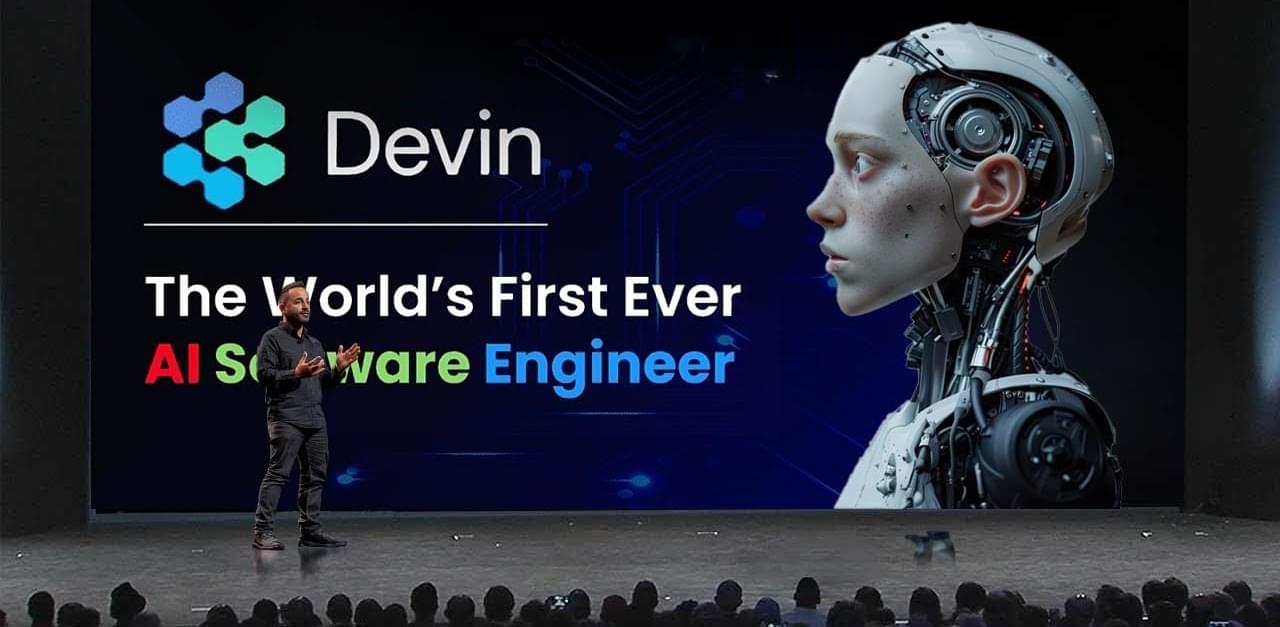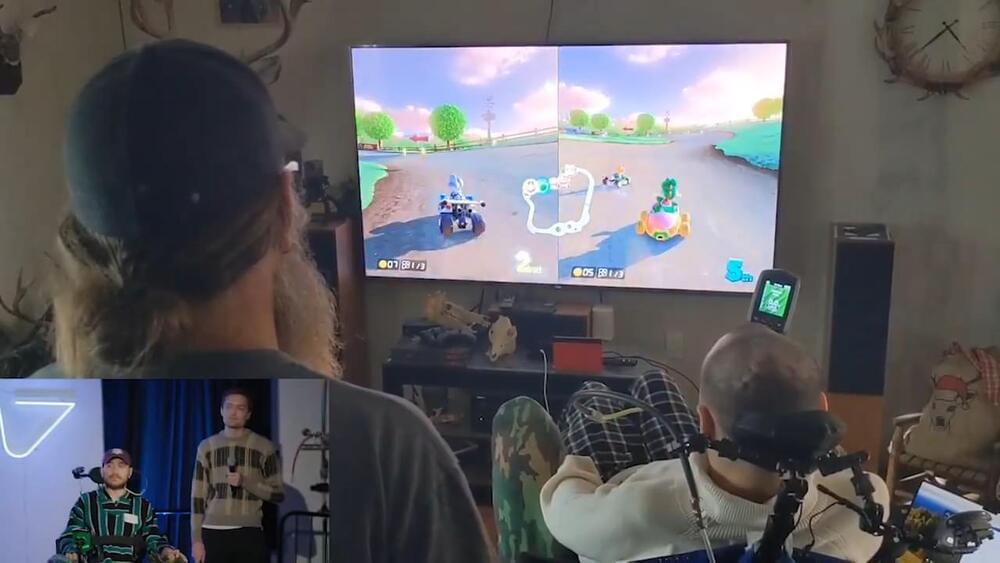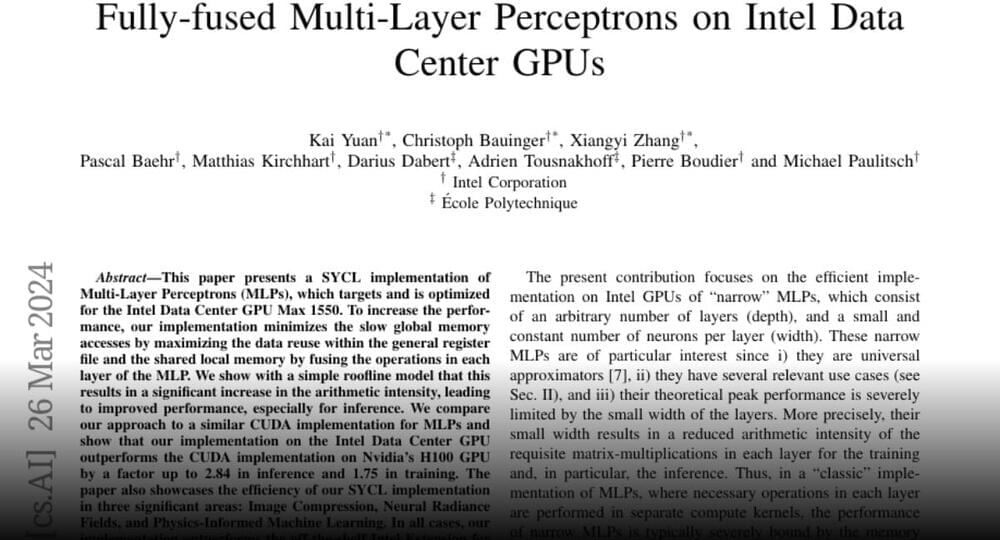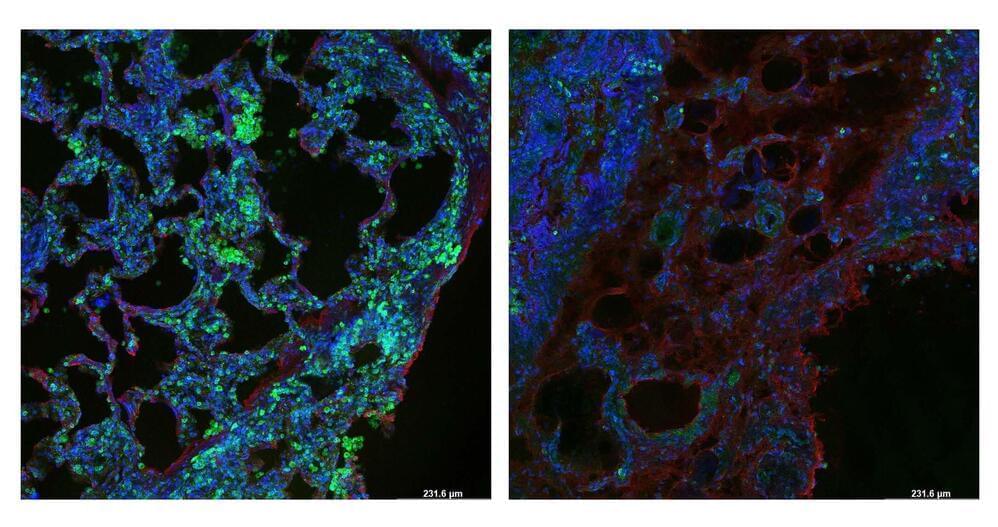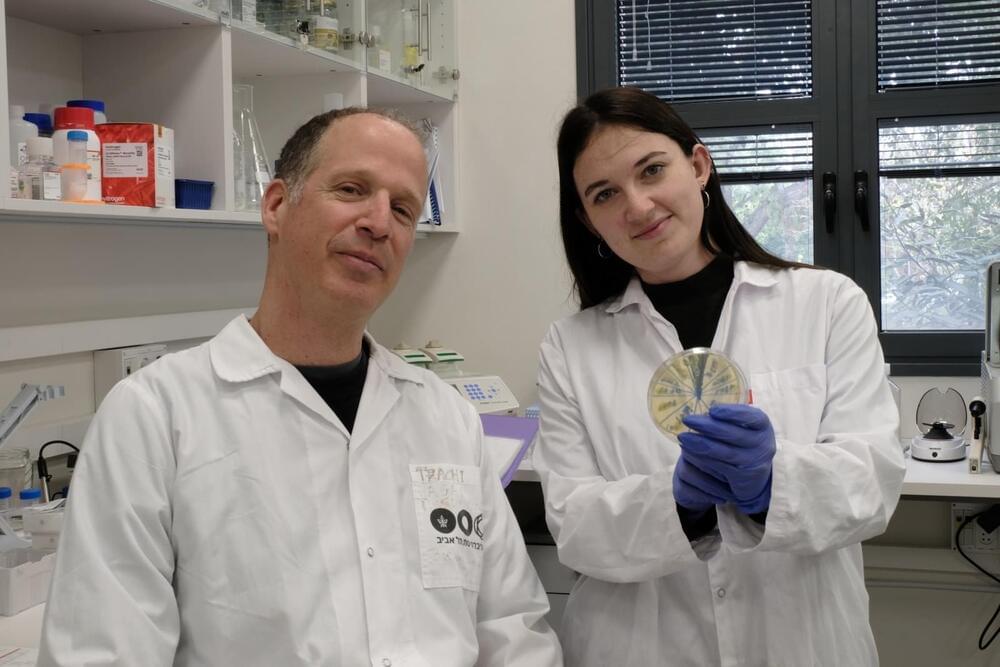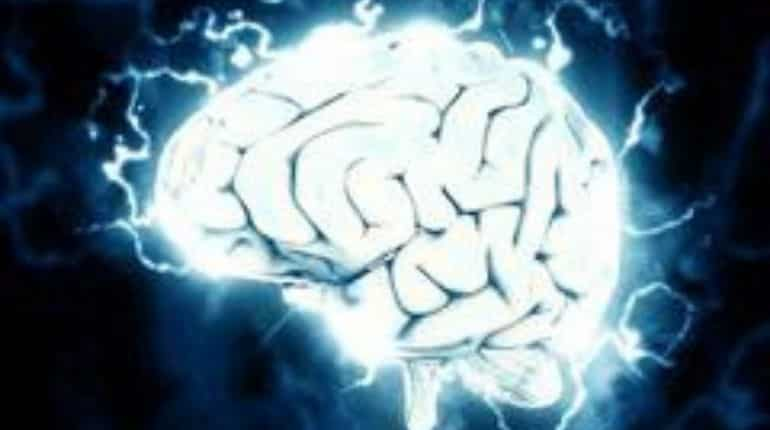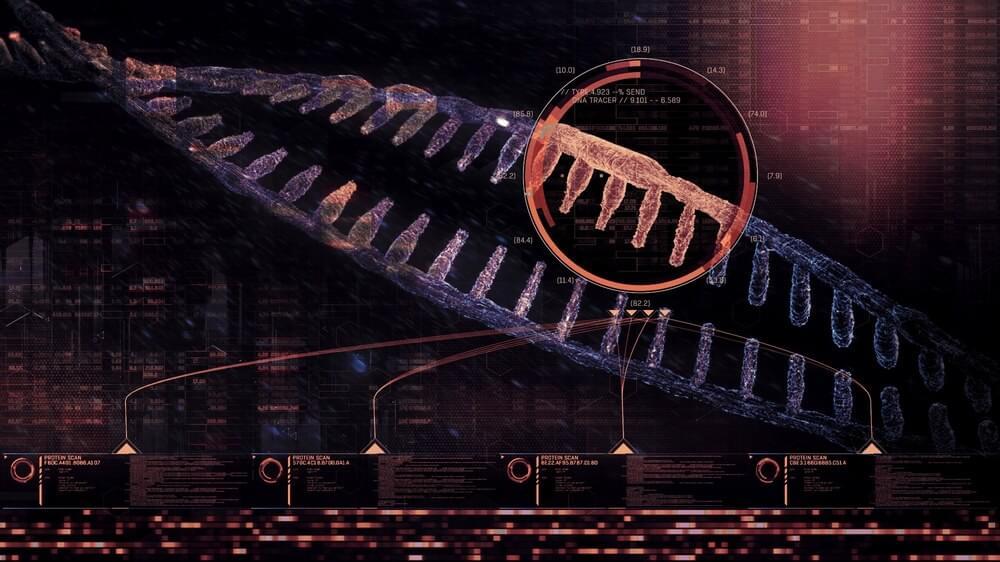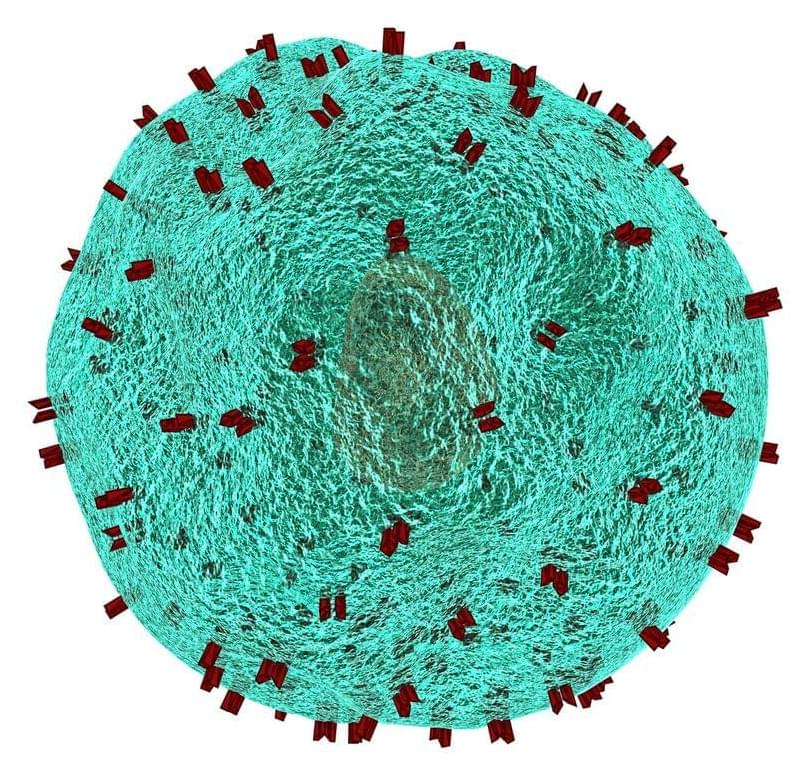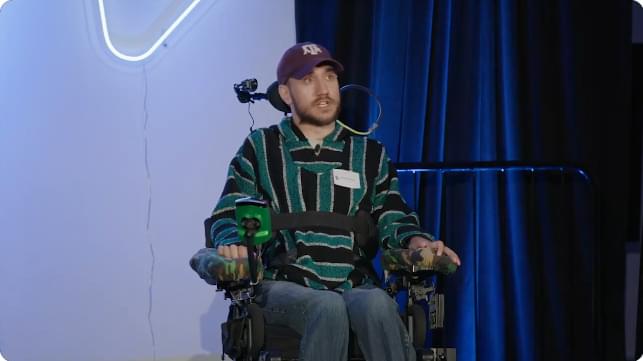Page 1457
Mar 27, 2024
Video Shows First Neuralink Patient Playing Mario Kart With His Mind
Posted by Shailesh Prasad in categories: biotech/medical, computing, neuroscience
The first patient with a Neuralink brain-computer implant played Nintendo’s Mario Kart video game with his mind in an impressive new demo video, calling it “lifechanging” at a company-wide meeting that was posted Friday on the social media platform X-formerly-Twitter.
“It’s been a wild ride,” said Noland Arbaugh, the 29-year-old Neuralink patient, during the celebratory company meeting.
“This is going to change the world,” added Arbaugh, who’s quadriplegic, meaning he’s paralyzed below his neck from a swimming accident, and requires the use of a wheelchair.
Mar 27, 2024
Fully-fused Multi-Layer Perceptrons on Intel Data Center GPUs
Posted by Cecile G. Tamura in category: computing
Intel announces Fully-fused Multi-Layer Perceptrons on Intel Data Center GPUs https://huggingface.co/papers/2403.
This paper presents a SYCL implementation of Multi-Layer Perceptrons (MLPs), which targets and is optimized for the Intel Data Center GPU Max 1550.
Join the discussion on this paper page.
Mar 27, 2024
Researchers identify protein sensor that plays a role in lung fibrosis
Posted by Shubham Ghosh Roy in categories: biotech/medical, electronics
Researchers at Weill Cornell Medicine have discovered a protein called SEL1L that plays a critical role in clearing collagen from tissue, and that may be a therapeutic target to help prevent fibrosis, scar tissue that interferes with organ function. The paper, published on Feb. 20 in Nature Communications, provides clues that could lead to drug development for diseases like lung fibrosis which have no therapeutic options currently.
Mar 27, 2024
Waking the Mysteries of Sleep
Posted by Shubham Ghosh Roy in categories: cybercrime/malcode, education, neuroscience
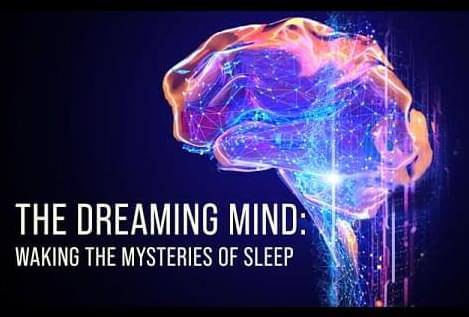
#science Where do our dreams come from, why do we have them, and what do they mean? Can we harness them to foster creativity, solve problems, and prepare for the future? What’s happening in the brains of so-called lucid dreamers, and can new developments in this cutting-edge field of research help us unlock the mystery of consciousness itself? Researchers Deirdre Barrett, Ken Paller, and Antonio Zadra join Brian Greene for a discussion about the mystery and power of dreams and where our minds go after midnight. This program is part of the Big Ideas series, supported by the John Templeton Foundation. Footage of the Ken Paller dream study from NOVA Online: Dream Hacking, https://www.pbs.org/wgbh/nova/video/d… ©2021 WGBH Educational Foundation. Participants: Deirdre Barrett, Psychologist Ken Paller, Neuroscientist Antonio Zadra, Psychologist Brian Greene – moderator Official Site: https://www.worldsciencefestival.com/ Twitter: / worldscifest Facebook:
/ worldsciencefestival Instagram:
/ worldscifest #Science #WorldScienceFestival
Mar 27, 2024
Research demonstrates just how viruses infect us
Posted by Shubham Ghosh Roy in category: neuroscience
Viruses sleep with the enemy to help decide whether or not to attack, according to a new study.
Mar 27, 2024
Human brains getting larger in size, and this may be good news for some
Posted by Shubham Ghosh Roy in categories: education, genetics, health, neuroscience
A new study has revealed that the size of human brains is getting larger, which means increased brain reserve and decreased chances of developing dementia. The researchers at UC Davis Health reached the conclusion by comparing the size of the brains of people born in the 1930s with those of people born in the 1970s. They noticed that the latter had 6.6 per cent larger brains. The study was published in JAMA Neurology.
“The decade someone is born appears to impact brain size and potentially long-term brain health,” said Charles DeCarli, first author of the study.
He further adds that genetics may also play a major role in determining the size of the brain. “Genetics plays a major role in determining brain size, but our findings indicate external influences — such as health, social, cultural and educational factors — may also play a role,” he said.
Mar 27, 2024
Multiomic approach boosts disease prediction accuracy beyond traditional methods
Posted by Shubham Ghosh Roy in categories: biotech/medical, genetics, life extension
🧬🔬📊
In a recent study published in the journal Nature Aging, researchers assessed the added predictive value of integrating polygenic risk scores (PRSs) and gut microbiome scores with conventional risk factors for common diseases in a long-term cohort study.
Analysis: Integration of polygenic and gut metagenomic risk prediction for common diseases. Image Credit: remotevfx.com / Shutterstock.
Mar 27, 2024
Study reveals inequities in access to CAR T cell therapy
Posted by Shubham Ghosh Roy in category: biotech/medical
Patients being treated for B-cell non-Hodgkin’s Lymphoma (NHL) who are part of minority populations may not have equal access to cutting-edge CAR T cell therapies, according to a new analysis led by researchers from the Perelman School of Medicine at the University of Pennsylvania and published today in NEJM Evidence.
Mar 27, 2024
First Human Patient to Receive a Neuralink Brain Implant Used it to Stay Up All Night Playing Civilization 6
Posted by Shubham Ghosh Roy in categories: biotech/medical, computing, Elon Musk, neuroscience
The first human recipient of a Neuralink brain implant has shared new details on his recovery and experience of living with the experimental assistive tech, which has allowed him a greater level of freedom and autonomy, including the ability to pull an all-nighter playing Sid Meier’s Civilization 6.
Neuralink co-founder Elon Musk took to X/Twitter in January to reveal that the company had implanted its first brain-computer interface in the head of a human patient, who was “recovering well” following the surgery. The billionaire also hinted at the time that the implant was functioning well and had detected a “promising neuron spike”. In a subsequent February update, Musk commented that the unnamed patient had seemingly made a full recovery, and was even able to use the implant to manipulate a computer cursor with thought alone.
Finally, on March 20, Neuralink posted its own update to X in the form of a nine-minute livestream in which 29-year-old implant recipient Noland Arbaugh used the technology to play a digital version of chess, while discussing how living with the experimental aide had changed his life.
